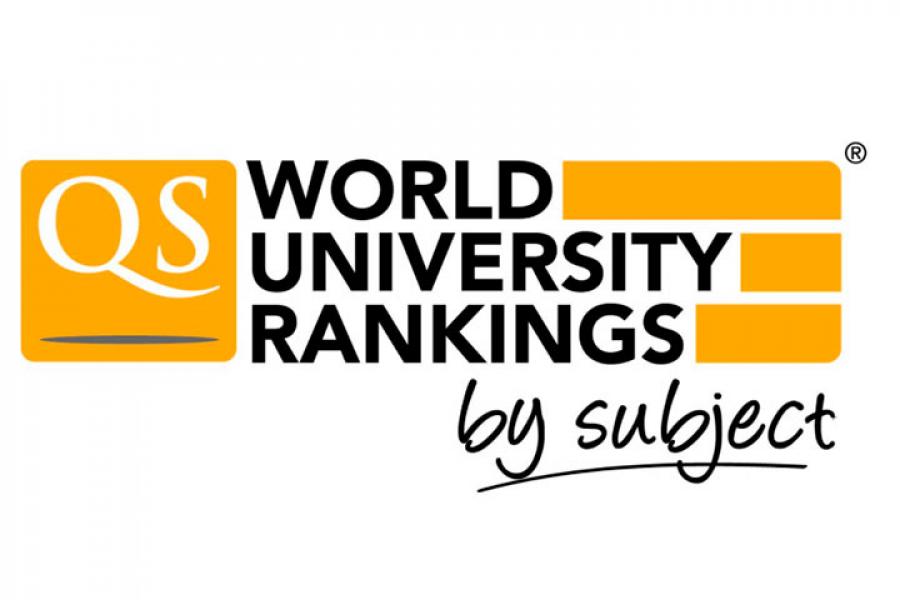4 March 2020

March 4th, the international agency QS published the latest edition of its subject ratings called “QS University Rankings: By Subject”. This year, QS experts considered 1369 universities from 158 countries and their performance in 48 narrow and five broad scientific categories. MGIMO was in the top 100 for “Politics and International Relations” and in the list of the best performers for “Jurisprudence”.
March 4th, the international agency QS published the latest edition of its subject ratings called “QS University Rankings: By Subject”. This year, QS experts considered 1369 universities from 158 countries and their performance in 48 narrow and five broad scientific categories. MGIMO was in the top 100 for “Politics and International Relations” and in the list of the best performers for “Jurisprudence”.
For the third year in a row, MGIMO has kept its position in the 51-100 range, out of 723 universities that passed the qualification threshold in the subject ranking “Politics and International Relations”. In the “Jurisprudence” rating, MGIMO remained among the top 300 universities out of 894.
Alongside the rankings of universities in narrow subject areas, QS assesses the performance of universities in larger categories. Over the past year MGIMO rose by 39 positions, taking the 297th place in the world for “Social Sciences and Management”, which includes “Politics and International Relations”, “Law”, “Economics and Econometrics”, “Public Administration ”and“Sociology”.
The analysis of MGIMO’s position in key subject ratings reveals the fact that it has experienced a steady increase in reputation ratings among employers and has improved its academic publishing and Hirsch index, particularly in such fields as Jurisprudence, Sociology and Economics.
The calculation methodology of QS depends on the subject area: for “Politics and International Relations” four criteria are assessed: academic reputation (50% of the final grade), reputation among employers (30%), number of citations per published article (10%) and Hirsch index (10%). For “Jurisprudence”, the number of citations has a smaller weight (5%) while the Hirsch index has a higher impact (15%).
As in the main QS WUR University Ranking, the United States came first when considering the number of universities in the final table (441 universities versus 386 last year), followed by France (191 universities), Great Britain (173 universities), India (165 universities), Russia (163 universities), Germany (138 universities.), China (131 universities), Japan (122 universities), South Korea (107 universities) and Brazil (94 universities).